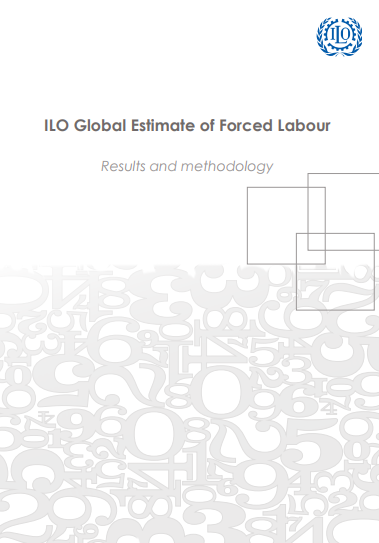Introduction
In 2005, the International Labour Office (ILO) published its first global estimate of forced labour. The estimate (a minimum of 12.3 million persons in forced labour at any point in time in the period 1995-2004) received considerable attention by governmental and non-governmental organizations and in the media. It has since been widely cited as the most authoritative estimate of the largely hidden, and therefore difficult to measure, phenomenon of forced labour. The estimate served its main purpose – to raise global awareness of the magnitude of the crime of modern day forced labour, and to stimulate action at all levels against it.
The capture-recapture methodology applied was also subject to scrutiny, particularly by the academic community and certain government agencies. A number of issues were raised concerning the underlying assumptions of the methodology and the procedure by which the extrapolation was made.
The purpose of the present document is to describe in detail the revised methodology used to generate the 2012 ILO global estimate of forced labour, covering the period from 2002 to 2011, and the main results obtained.
The revised methodology has been developed by the ILO in close cooperation with a Peer Review Group composed of four members of the academic community who are experts in the subject of forced labour and human trafficking.
It follows the same basic two-stage approach used for the 2005 estimate, but incorporates certain improvements derived from ILO’s own experience in the period since 2005, the availability of new primary data sources, feedback received from external experts on the 2005 methodology, and suggestions made by the ILO’s statistical consultants and the peer reviewers.
Given the changes made in the methodology and the greater quantity and quality of data available for the present round of estimation, the numerical results of the 2012 estimation are not comparable to those derived in 2005. The 2012 estimate is no longer labeled as a minimum estimate, although it is still regarded as somewhat conservative due the nature of the capture-recapture methodology and the still limited national survey data available for extrapolation purposes.

